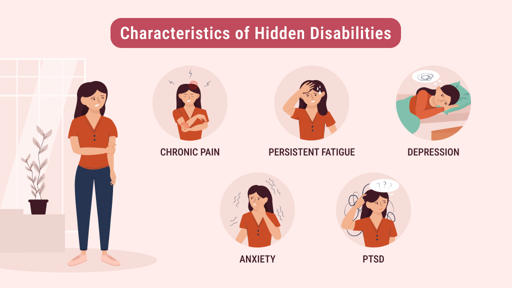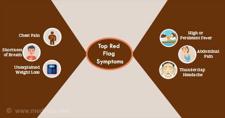Fatigue Facts: Is It More Than Just Tiredness?
Understanding Fatigue: Causes, Symptoms, and Management

Frequently Asked Questions
Fatigue is a prolonged state of exhaustion that isn’t relieved by rest, while tiredness is a temporary feeling of needing sleep or rest.
Effective strategies include maintaining a balanced diet, regular physical activity, practicing good sleep hygiene, and managing stress through relaxation techniques.
Step by Step Guide
1
Defining Fatigue
Fatigue is not simply tiredness; it is a complex condition that encompasses physical, mental, and emotional components. Understanding the difference between general tiredness and fatigue is critical. While tiredness is a temporary feeling that can often be resolved by rest, fatigue can persist despite adequate rest and often requires further evaluation.
2
Recognizing the Symptoms of Fatigue
Fatigue manifests in various ways, including low energy, weakness, difficulty concentrating, irritability, and sleep disturbances. It's important to recognize these symptoms as they can vary from person to person. Keeping a diary of symptoms can help identify patterns that could indicate whether fatigue is occurring regularly.
3
Understanding the Causes
Fatigue can be caused by a myriad of factors including lifestyle choices, medical conditions, psychological issues, and external stressors. Common causes include lack of sleep, poor diet, sedentary lifestyle, underlying diseases (such as diabetes or anemia), and mental health issues (including depression and anxiety). Identifying potential causes is pivotal in managing fatigue.
4
Lifestyle Factors Affecting Fatigue
Certain lifestyle choices can contribute to feelings of fatigue. Poor nutrition, inadequate hydration, lack of exercise, and excessive caffeine or alcohol consumption can lead to lower energy levels. A balanced diet, regular physical activity, and healthy habits are essential for maintaining energy and preventing fatigue.
5
Medical Conditions Linked to Fatigue
Numerous medical conditions can cause ongoing fatigue. Common ones include thyroid disorders, chronic fatigue syndrome, fibromyalgia, heart disease, and sleep apnea. If fatigue persists despite lifestyle improvements, it is crucial to seek medical advice to rule out underlying health issues.
6
The Role of Mental Health
Mental health plays a significant role in fatigue. Conditions such as depression and anxiety often come with accompanying fatigue, making it harder for individuals to manage their energy levels. Addressing mental health through counseling, therapy, or medication may be necessary to alleviate fatigue symptoms.
7
Evaluating Fatigue
If you find that your fatigue is extreme or persistent, it's essential to evaluate it with a healthcare provider. A comprehensive evaluation may include a physical examination, laboratory tests, and a thorough review of your medical history and lifestyle. This will help to identify your fatigue’s root cause.
8
Coping Strategies and Fatigue Management
Managing fatigue often requires a multi-faceted approach. Strategies can include setting realistic goals, scheduling breaks, maintaining a consistent sleep schedule, practicing relaxation techniques, and engaging in regular physical activity. Discovering what strategies work best for you is important in combating fatigue.
9
Sleep Hygiene Tips
Good sleep hygiene is crucial for combating fatigue. This can include creating a bedtime routine, limiting screen time before bed, maintaining a comfortable sleep environment, and ensuring a regular sleep schedule. High-quality sleep is central to restoring energy and combating fatigue.
10
When to Seek Professional Help
If fatigue is disrupting your daily life, it may be time to consult a healthcare professional. Signs to seek help include persistent fatigue lasting more than six months, difficulty carrying out daily activities, and fatigue that worsens with exertion. Professional guidance can provide the necessary support for management.








